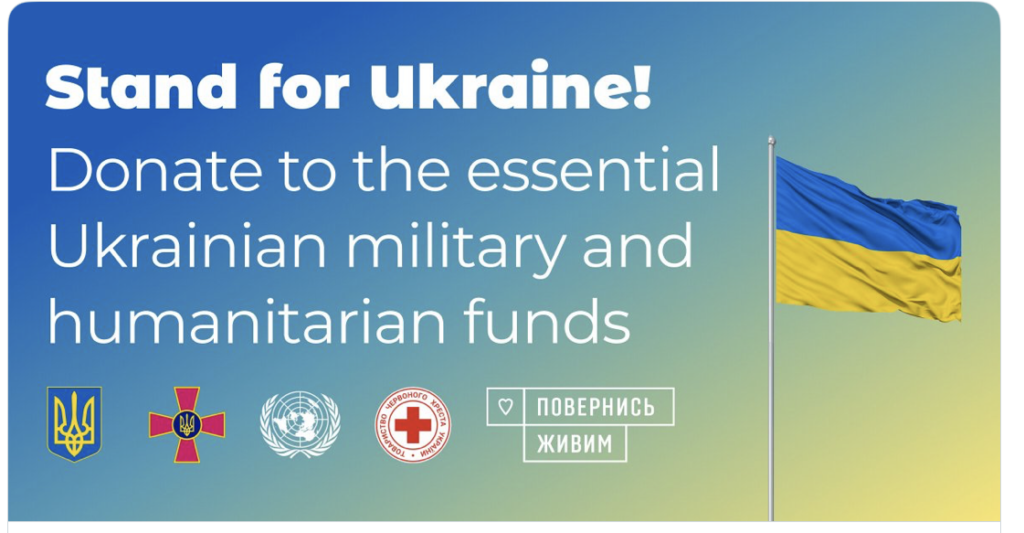Based on language and somewhat more than just sojourn, not to mention heritage I would claim to have an in depth cultural knowledge of three European countries namely Germany, the UK and Sweden. Small traces of an English accent and I hate to admit the odd grammar faux pas, prohibit me from passing off as a Swede but in the English and German speaking world I suppose I might be considered a native of either one much depending on which of the two factors, ”born and brought up,” you accept as the most pertinent. Or on the other hand if the prequisites for, ”a native of,” are an inflexible combination of these two then I suppose I will just have to consider myself, ”a native of Europe,” for want of anything more specific. Not that that particularly bothers me; as times change and as an emerging geopolitical European identity waxes it does so not under the dark shadows of nationalism but in the spotlight of cultural and linguistic diversity deeply routed in a shared history.
A European identity has morphed from the realms of geography and ethnicity to a political force embracing at present 27 countries in the EU. Each with its own language or dialect, each with its own customs and traditions. A European identity is more than the mutual benefits of a single market, it is the understanding that the people of Europe share common values concerning the rule of law, human rights and democracy. A European identity transcends traditional nationalism with the caveat being that its very existance rests on a foundation made up of nations.
European nationalism in contrast is an oxymoron, which in itself is a threat to flag waving populists with nothing better to offer than the politics of division, stigmatization and hatred, all to the bitter end as history repeatedly shows us.
At the beginning of June Europe goes to the polls and it might be worth recalling a fairytale from childhood. ”The Pied Piper of Hamelin,” reminds us that you reap what you sow.
